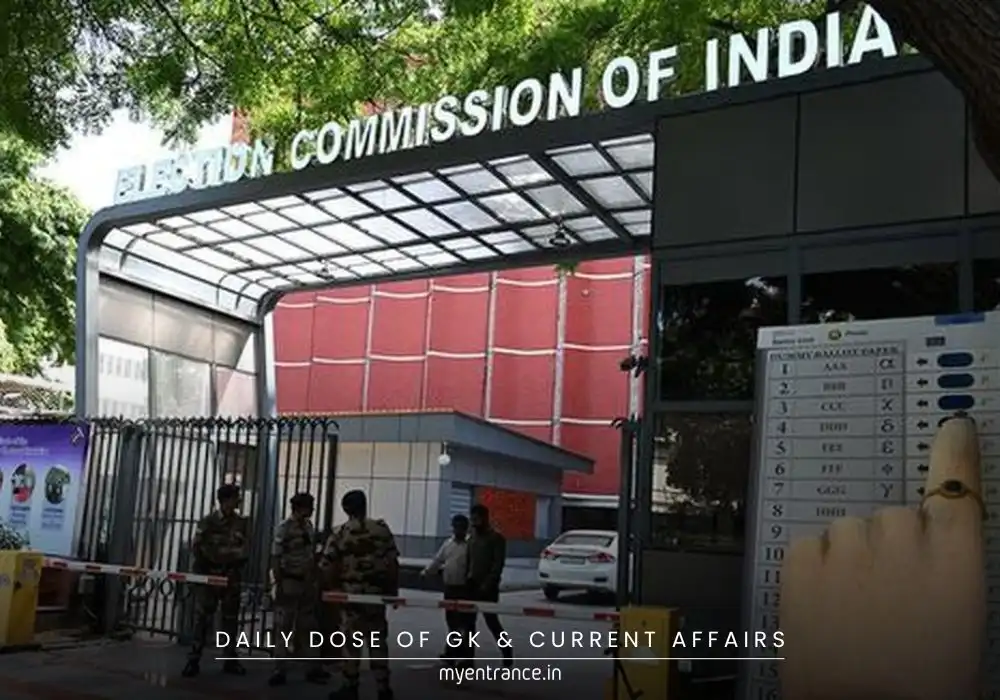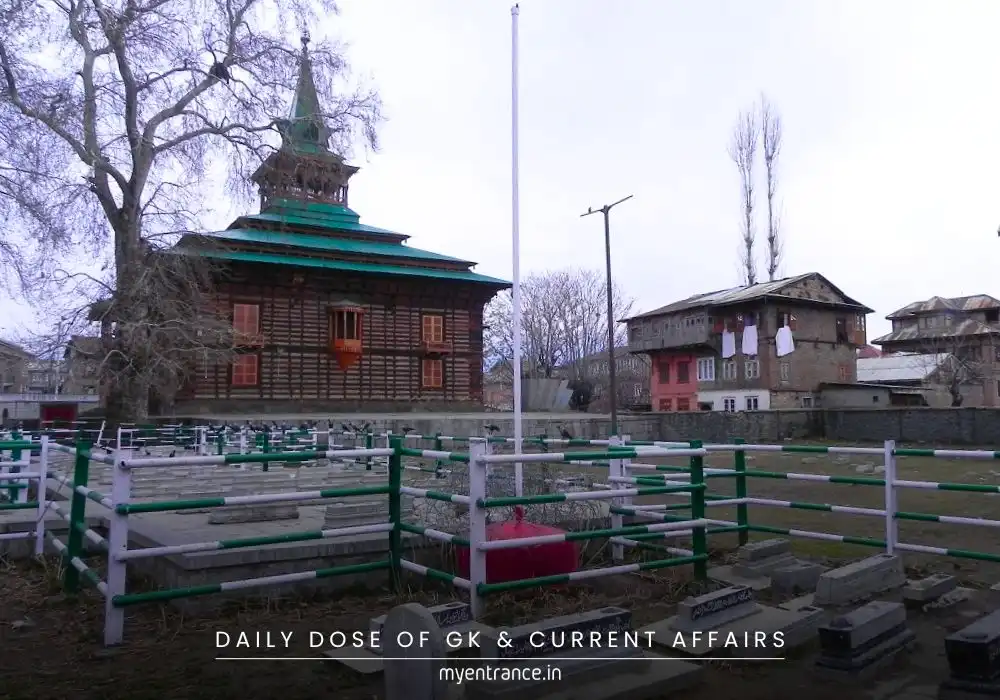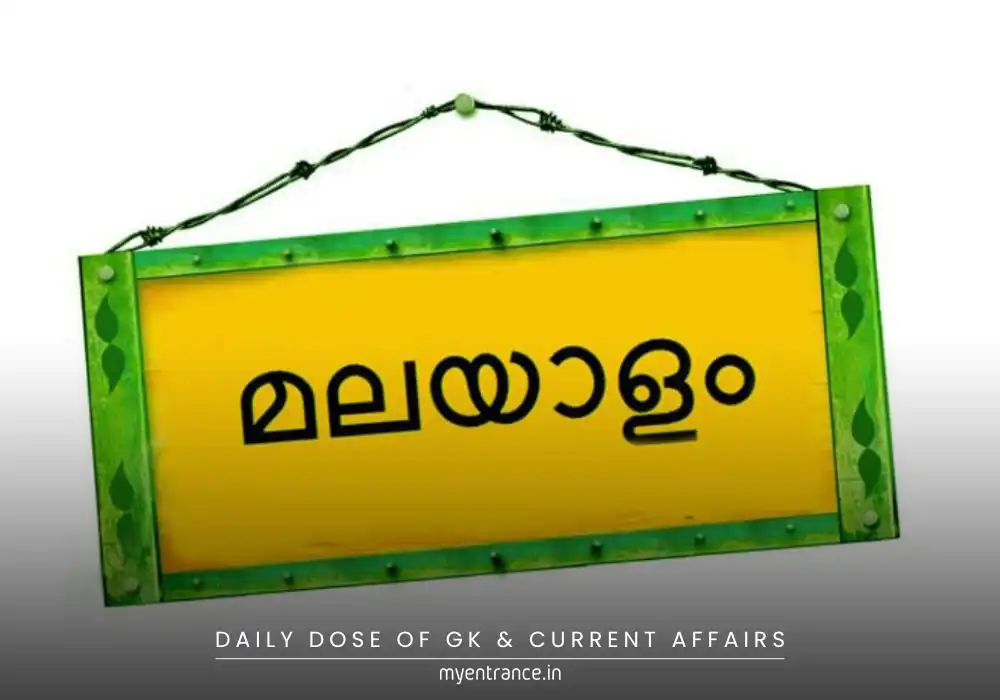Translate Language
NCTE’s 2025 Teacher Training Revisions: What’s Changing for SSC, UPSC, and Teaching Exams?
The National Council for Teacher Education (NCTE) is revamping its 2014 teacher training norms to match NEP 2020’s vision. After gathering 6,774 public responses and inter-ministerial consultations, the draft regulations propose stricter specializations, institutional upgrades, and quality checks—changes that could reshape teaching exams and career paths.

Key Revisions & Their Impact
1. Specialized Teacher Segments
Foundation Teachers: Preschool to Grade 2.
Preparatory Teachers: Grades 3–5 (dual-subject expertise).
Middle/Secondary Teachers: Grades 6–10 (subject-specific roles).
Why It Matters: Exams may now include questions on these divisions, affecting syllabus priorities for tests like CTET, KAS, and UPSC.
2. Rural Deployment Challenges
Rigid specializations could limit teacher mobility in remote areas, a potential essay topic for PSC/SSC exams on education equity.
3. Derecognition of Non-Compliant Institutes
2,224 institutes lost recognition for failing appraisal norms. Exam Tip: Note how this pushes for digital monitoring (GPS, PAN verification)—a likely MCQ on governance reforms.
4. Transition to Multidisciplinary Institutes
By 2030, all 13,000+ teacher training colleges must offer Integrated ITEP degrees (e.g., B.A.+B.Ed). Impact: Future exam syllabi may emphasize multidisciplinary teaching methods.
Sample Q&A for Competitive Exams
Q: What is the primary goal of NCTE’s 2025 draft regulations?
A: Aligning teacher education with NEP 2020 through specialized roles and quality enforcement.
Q: Which grades fall under ‘Preparatory Teachers’ in the new framework?
A: Grades 3 to 5, with dual-subject specialization.
Q: How many teacher training institutes were derecognized in 2025?
A: 2,224, mainly from Southern/Western regions.
Q: What is ITEP under the revised norms?
A: Integrated Teacher Education Programme (e.g., B.Sc + B.Ed) mandatory by 2030.
Q: Which policy gaps do critics highlight in the new NCTE rules?
A: Rigid specializations may hinder rural teacher deployment and career growth.
Get 3 Months Free Access for SSC, PSC, NIFT & NID
Boost your exam prep!
Use offer code WELCOME28 to get 3 months free subscription. Start preparing today!















